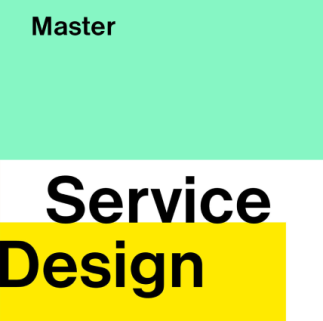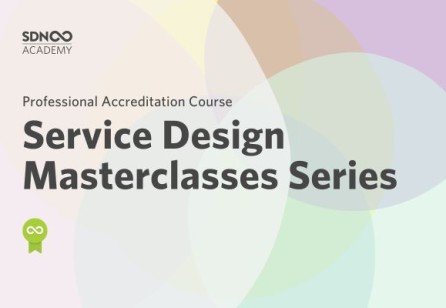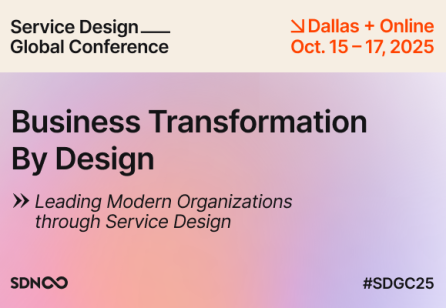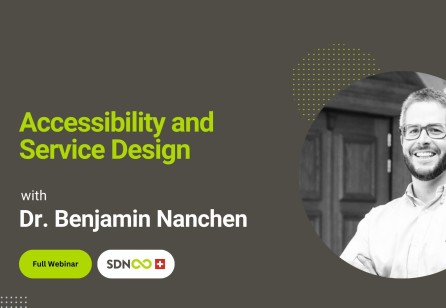Lucerne University of Applied Sciences and Arts provides Switzerland’s first MA Programme in Service Design – Admissions are now open at hslu.ch/master-service-design
Due to the high demand for master education in Service Design, Lucerne University of Applied Sciences and Arts (HSLU) decided to offer Switzerland's first Master programme in Service Design. This program will join the list of existing Swiss service design programmes, such as the BA in Design Management International offered in Lucerne, the BA in Service Design provided at the University of Applied Sciences of the Grisons in Chur or the Service Design Lab being provided at the HES-SO in Valais-Wallis.
This MA in Service Design program will start in September 2020.
HSLU has recognized the growing relevance of service design many years ago. The field has been taught in existing BA and MA programs of the University. In addition, HSLU is the co-founder of the Swiss Chapter of the Service Design Network. In this capacity it aims to bring together various actors in the field, and maintain a discussion among all higher educational institutions engaged in this domain.
The curriculum is based upon eleven years of experience gathered in the existing MA programme in Design. In fact, thanks to the flexibility of the curriculum, students will be able to select from a wide range of courses in both service design and the entire design domain. This way learners can benefit from experienced faculty members and practitioners in the field of Service Design, Visual Communication, Product Design, Interaction Design, User Experience Design, Design Management and the Service Ecology.
The programme follows a project-based approach where students develop their MA thesis together with real-world partners.
It is being taught in both English and German and admissions are now open. You may find further information and apply at hslu.ch/master-service-design
If you are interested in more information or some personal advice, please don’t hesitate to contact Klaus Marek at klaus.marek@hslu.ch or Jan Eckert at jan.eckert@hslu.ch; +41 41 248 61 57








Share your thoughts
0 RepliesPlease login to comment